"I do.” Two simple words that begin a sacred partnership, a lifelong journey of faith, hope and love. But then life hits. Children are born, careers change and priorities shift, creating obstacles that can challenge that initial promise. So how do you get from “I do” to “till death do us part”? To find out, Salvationist associate editor Kristin Ostensen spoke to two couples—marriage pros Dave and Lori Wilson, with 23 years of matrimony and three children behind them, and relative newlyweds Peter and Joanne Park, married six years with a toddler. Both officers' kids, Dave and Lori are leaders at Richmond Hill Community Church, Ont., while Peter and Joanne are Salvation Army camp veterans who attend Northridge Community Church in Newmarket, Ont.
How did you meet?
Dave: We met at Urbana 1987, an Inter-Varsity Christian Fellowship conference with about 17,000 people, just outside Chicago. Lori came over and introduced herself. I was wearing a Salvation Army uniform and sitting with a couple of delegates from Toronto.
Lori: I was living in Seattle, Washington, at the time and was at the conference with a delegation of Salvationists. I actually went because I thought it was a “meet a man” conference. [laughs] Dave and I started hanging out at the sessions, and then at the end, we said goodbye and that we would see each other again. We kept in contact, and we came to visit back and forth.
Peter: It was Canada Day in 2005.
Joanne: We were both working at camp.
Peter: I think our first official date was July 19. It was just like the movie Hitch. I elbowed Joanne in the face by accident. I had an allergic reaction so I was drowsy from Benadryl. And then our date ended with me over the toilet because I was really sick.
Joanne: It was great. [laughs]
How did you know they were the one for you?
Dave: The conference focused on missions, and Lori had spent time in Central America doing missions work. She's fluent in Spanish, smart, educated, athletic—all the things I liked. Over the course of the week, we got pulled together. But the real clincher for me was the first phone call after the event. As the conversation came to an end, Lori said, “Let's pray together before we go.” That was really significant for me. It was an affirmation that this girl was very special.
Lori: At one point when we were dating, I felt like maybe God was moving me in a different direction and we broke up. Then I went for a walk with my dad one night and he said, “What are you looking for?” There was a confirmation, a feeling that God was saying, “Take the risk. He's all that you need.” I had peace about it.
Peter: Two things stood out to me. One was that throughout the summer, and the first year while we were dating long distance, Joanne never let me stay spiritually stagnant. We were always challenging each other, whether it was through devotions, prayer or study. The second thing was, I went to see Joanne at Christmastime, and when I came back I thought, That's someone I want to fight for. That's someone I want to build a good relationship with. When I left, I felt like I was leaving a part of me behind. It didn't feel right not being with Joanne.
Joanne: That summer at camp, I did a lot of interrogating. I wanted to find out where he was on a lot of different levels—spiritually, morally, family-wise. So I did and by mid-August I was sure that he was the one.
How would you describe your first year of marriage?
Peter: A roller-coaster. We had our ups and downs. One funny example: The second month we lived together, on every single bill that we got, it said we hadn't paid the past month's bill.
Joanne: Peter came to me and said, “Why aren't you paying the bills?” And I said, “Why aren't you paying the bills?”
Peter: Growing up, my mother always handled the finances.
Joanne: And my dad handled them.
Peter: We just assumed that the other would do it. [laughs] So that first year was definitely a learning experience.
What was the biggest thing you learned that year?
Peter: For me, that year was a self-awareness journey, more than anything. Perfect example: I learned that when we get into an argument, I need to walk away from the situation. I need time to process the situation and then come back and have a mature conversation.
Joanne: It was eye-opening. You know going into marriage that it's not going to be perfect but there were a lot of times when I had to sit down and think, Was this the right choice? Of course it was, but you still have to go through that experience—allowing yourself to recognize the fact that it's not great right now, but it's worth the effort and the work.
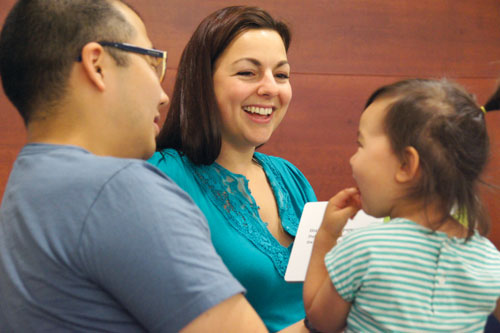 Peter and Joanne, with their daughter, Hannah
Peter and Joanne, with their daughter, Hannah
What strategies have you developed to get through conflicts?
Lori: We're still working on that, 23 years later.
Dave: It's about understanding our own personalities and the way we approach things. It's asking, When do I give space? And when do I support? Like most men, I go into problem-solving mode. Lori presents me with a problem and I've got the solution by the end of the conversation: “Here are the three steps. Do these steps and the problem will go away.”
Lori: And I just want him to listen.
Dave: So I've had to learn to stop driving the solution because all Lori really wants to do is vent and she wants to know that she's heard.
Joanne: The best thing I learned is to talk about conflict when you're not in conflict. Learn about each other's conflict styles when you're not in the midst of it, so that the next time you are in conflict you can remember those things. I don't always understand why Peter handles things the way he does, but I respect that he handles things differently.
Peter: One of the most important conversations we had was about red flags. What are those red flags that make us stressed out and can lead to an argument? When Joanne was in university, her stress outlet was baking. So whenever I'd get to her house and there were muffin trays all over the kitchen counter, I knew she was stressed. Joanne knows that I've had a rough day at work if I'm pulling out my guitar.
Lori and Dave, how has your relationship evolved as your children have grown up?
Lori: When you have kids, you appreciate each other so much, but then there's having to work through so many things and figuring out how to parent. We are on the same page a lot, but you get less time with each other because your children become so much of a focus, so you have to work at making time for each other and communicating.
Dave: Kids inherently will try to divide you. Even great kids, followers of Christ—if they want their way, they want their way. We're blessed and fortunate that our natural responses are very in sync, although as the kids get older, sometimes it's more of a challenge, so we have to have discussions.
Lori: You have this overwhelming love for your child and you want the best for them, but sometimes your counterpart, your balance, knows—hey, that may not be the best.
Dave: We don't contradict each other in front of the children. If we disagree over a decision, it becomes a one-on-one conversation and the spouse that made the initial decision has the opportunity to change that decision, as opposed to the other spouse changing it on them in front of the child. It's important that the children see alignment in parenting.
What do you appreciate most about your spouse?
Peter: Joanne has this overwhelming desire to care for people. I am so grateful to see that in my own life—that she still wants to care for me after six years. She has this passion for life—that's what fuels her, and I love that about her.
Lori: I know that Dave loves me unconditionally, no matter what I might do or say or think. He also tries to figure me out. Even now, he's trying to find out new information so he can understand me better. And he's a great father. Every time we've had a child, when I looked at the baby, I felt this incredible love and respect for him because he's been a part of creating this beauty.
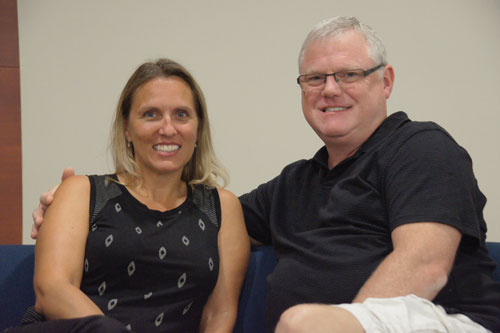 Lori and Dave
Lori and Dave
What is the best marriage advice you've received?
Dave: Find time for each other and go on marriage retreats—proactively look after your marriage.
Joanne: Don't wait till something happens. You can find time to watch TV, you can find the money to spend on going out for dinner, so you can find the time to invest in your marriage, you can find the money to buy books on marriage and read them. Ignore the stigma—if you want counselling, go for it. Whether you think you need it or not, everyone needs it. It's an opportunity to open up and learn more about your spouse.
Dave: If you want to know what's important to you, figure out how you spend your time—literally, sit down, look at the past week and put hours to it. Most people will say their marriage is important. But if, for example, you're spending more time on the golf course than you are with your spouse, something's wrong.
How does your faith impact the way you live as a spouse?
Lori: Because Christ is the centre, everything that I do is measured to line up with Christ. So the love that Christ has for me is the love that I want to have for my spouse. And when I haven't made good choices, I look at Christ and know his forgiveness and know that he can be my strength in all things. It helps me to love myself, serve him and serve others.
Peter: I'm a sinful person with lots of problems. But what faith has done for me—and for our marriage—is it's helped me to see the person of Jesus. When you're married, you're with someone you're going to be the most vulnerable with, who will see what no one else sees. My faith has been enriched in seeing how much Joanne forgives. And when I hold onto the little things I can't forgive, I think, Man, I can't forgive this, but Christ forgave that. Marriage has helped me appreciate the gift of love, but it's also taught me to appreciate the journey of holiness. I know I've been saved and now, through marriage, I can work through my sanctification.
Based on your experience, what would you say is the key to a successful marriage?
Lori: Commitment, because there are going to be times in your marriage when things are tough, and you love the person, but maybe you don't feel like you're in love.
Dave: I would echo that. Marriage is a working relationship. It's about learning to understand yourself, and striving to learn to understand your spouse.
Joanne: One thing that really resonates with me is the idea of covenant. A lot of people nowadays—especially people our age—get married based on a feeling of love. And there are times in your marriage where that feeling isn't there and that's OK; it doesn't have to be. But the idea that you have an unbreakable covenant with your spouse, one that God has created and presided over—that, for me, is the foundation.
Peter: You need to keep God first in everything. It's not about me, it's not even about my wife. It's about how I glorify God through our relationship—getting into that mentality. That's what gets us through the day.




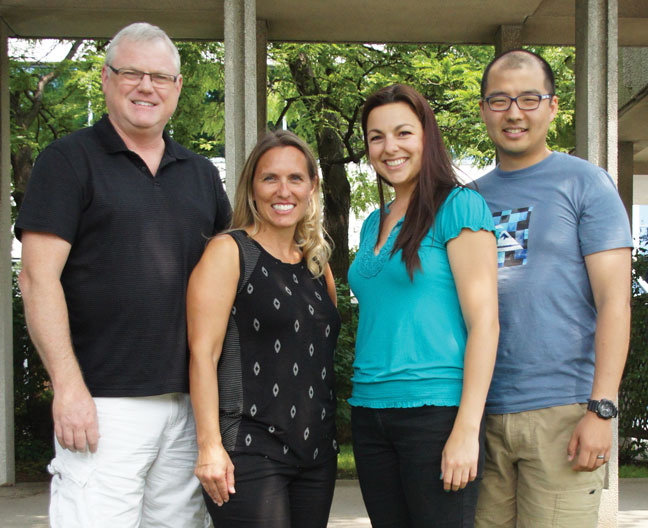
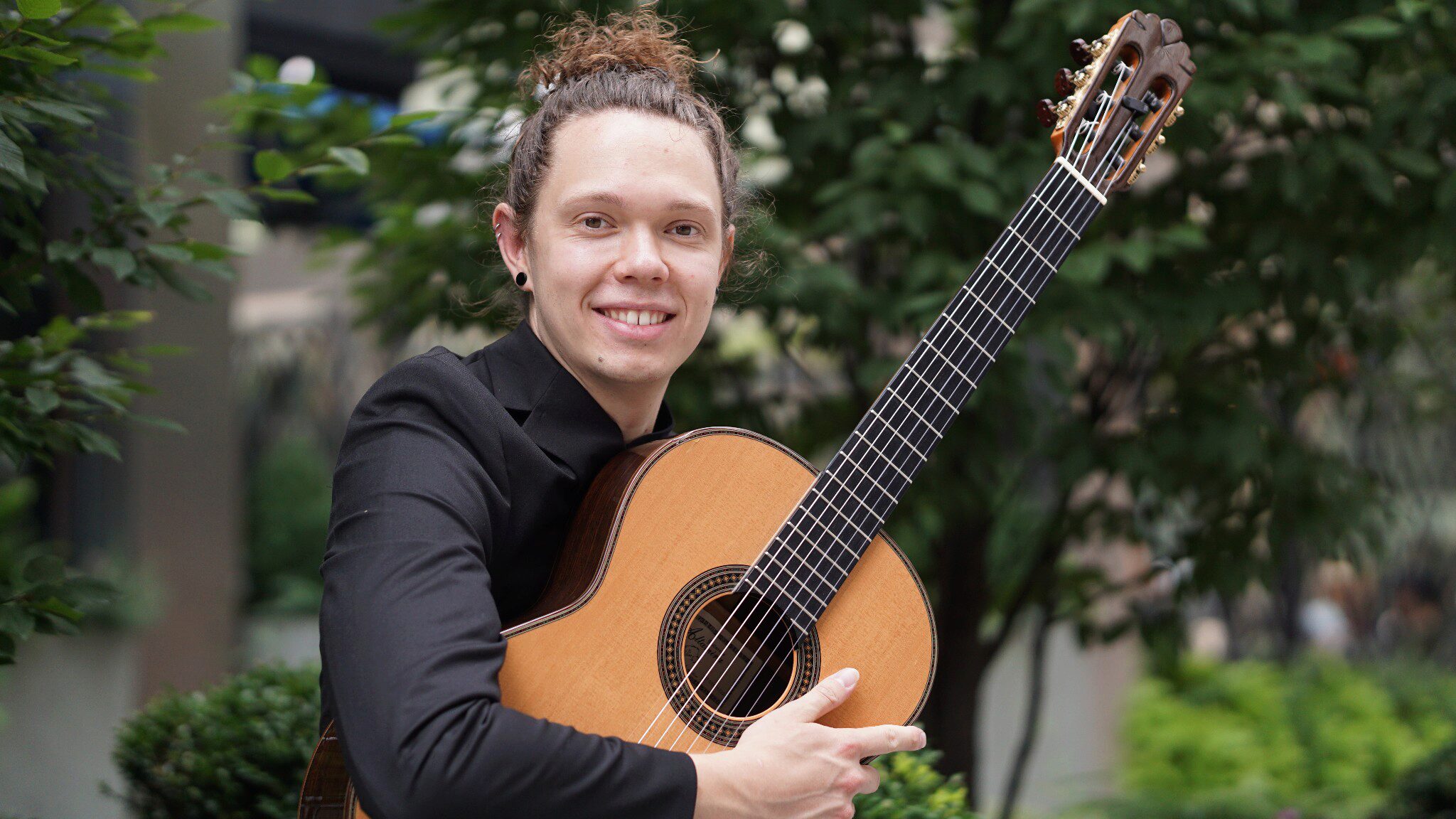
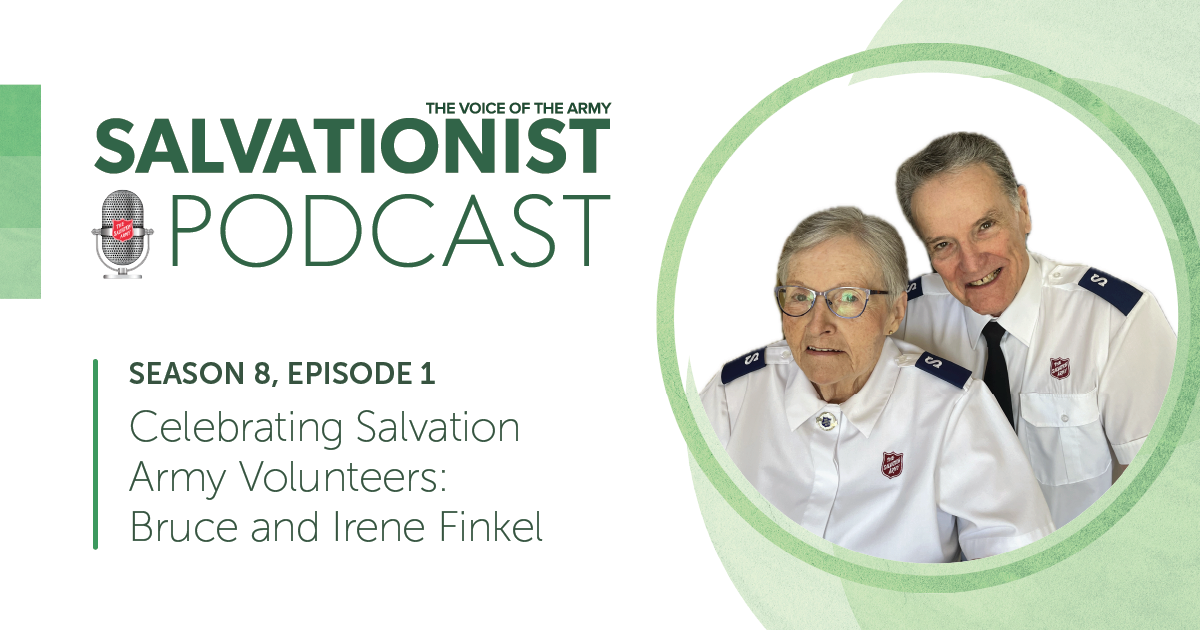



Leave a Comment